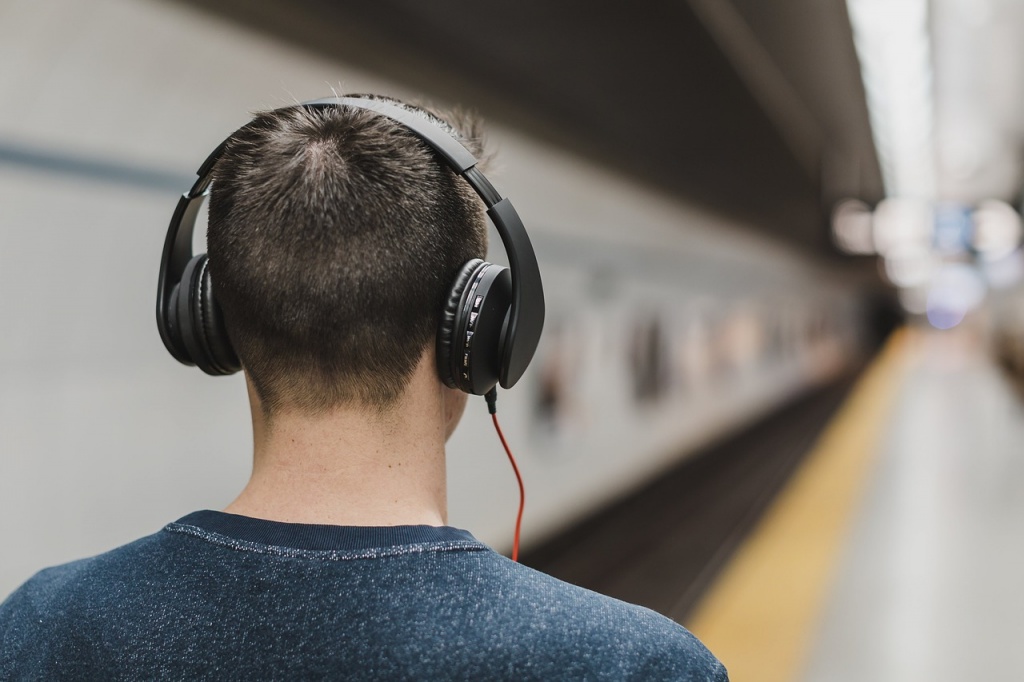
Noise is understood as a chaotic system of sound waves of varying strength and amplitude, changing randomly over time. These unpleasant sounds have a negative effect on human health and nervous system. Both short and prolonged noise is able to cause powerful stress in any living being.
To live in comfort, man needs natural and beneficial sounds in his sound space. The rustling of leaves, the crackling of fires, the murmur of water, the chirping of birds, the sound of the wind in the trees and the melody of sea waves are all beneficial to his health.
However, it is becoming more and more difficult for people to listen to the sounds of nature and enjoy the silence, because in everyday life they are accompanied by a constant hustle and bustle and “noise pollution” emitted by phones, alarm clocks and all kinds of everyday devices. Then there are noisy neighbors, passers-by listening to music on poorly attenuated headphones, speeding cars, howling ambulances, subways, constant renovations, discos, bars, and shopping centers. The sources of noise can be enumerated endlessly. They are present in the street, the workplace, and the living environment.
A person exposed to continuous noise may feel that he or she has become accustomed to it, but living in a noisy environment results in decreased attention and productivity, fatigue, and even insomnia. Scientists believe that frequencies outside the range of the human voice can also have devastating consequences for our nervous system.
Increased noise levels can lead to: chronic insomnia, heart disease, hearing disorders, increased stress hormones in the human body, lowered immunity, neurotic disorders, sleep problems, panic attacks, fatigue and exhaustion of brain cells. Noise can lead to permanent or chronic hearing damage. In the first case, it is not possible to fully recover hearing, in the second – it is necessary to systematically treat and avoid loud places.
Noise not only impairs hearing, but also has a negative impact on the psyche and can lead to peripheral circulatory disorders. Noise has a negative effect on the vegetative nervous system regardless of how subjectively the person himself perceives it. Continuous heavy noise causes headaches, tinnitus, and severe fatigue. The most vulnerable is the nervous system, which is sensitive to even low sounds. Noise puts the nervous system under constant pressure, which destroys it, especially when the sound is irritating and continuous.
Very high-pitched sounds affect the whole body, causing the heart and breathing to beat faster, the temples to throb, and the blood pressure to rise. Constant exposure to noise can also cause pain in the muscles and joints. Noise also overtaxes the thyroid and adrenal glands, which can lead to elevated cortisol levels, sleep disturbances, and increased sweating.

Sound levels of 20-30 dB are considered friendly and harmless to humans – this is the natural sound environment. Sound levels above this range have a negative impact on human health. For example, 50 dB (especially continuous) from a busy street is associated with a risk of cardiovascular disease.
the “threshold value” for noise pollution is 80 dB. Sounds above this value can cause serious harm to the body. At the moment, the noise level in cities significantly exceeds the acceptable standards, although developed countries are taking action against this, with heavy penalties for disturbing the quiet of the night. At 120 dB there is a limit of pain, and at 130 dB there is a risk of mechanical damage to hearing. An intensity of 200 dB (caused, for example, by an explosion) can be fatal.
Excessive noise reduces cognitive abilities, impairs clear thinking, and causes indecision and irritability. By affecting the cerebral cortex, it makes people hyperactive or conversely slowed down.
Today, modern technology makes it possible to reduce the impact of loud noise on the human body. So you can install soundproofing systems or soundproofing panels in your home – a lifesaver from noisy neighbors and hectic traffic. Always have good quality earplugs on hand, too – you can sleep soundly in them, cutting off annoying noises. And active noise-cancelling headphones can help you focus while doing work or reading a book.
To relieve the nervous system, it is good to take a break from all kinds of noise from time to time: turn off the phone and electronic devices, reduce the time spent talking on the phone and listening to music through headphones. Try to spend at least 20 minutes a day in complete silence. It is best to lie down in a maximally relaxed position during this time so that your body can regenerate faster. Spend more time in the open air, and try to be in secluded places such as forests or parks.
Photo by Pavel Danilyuk/Pexels